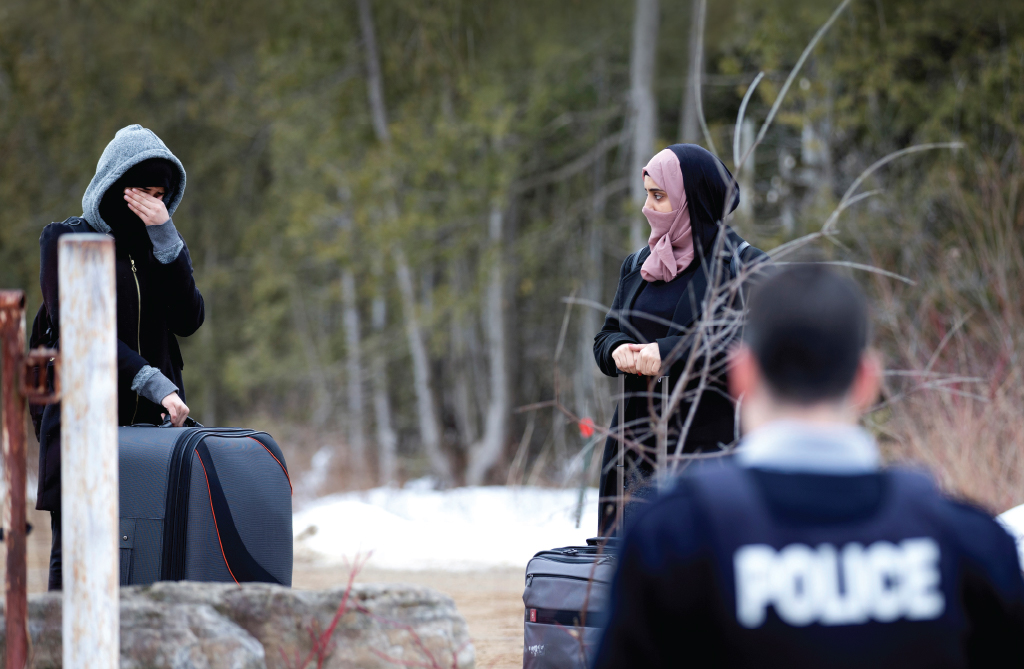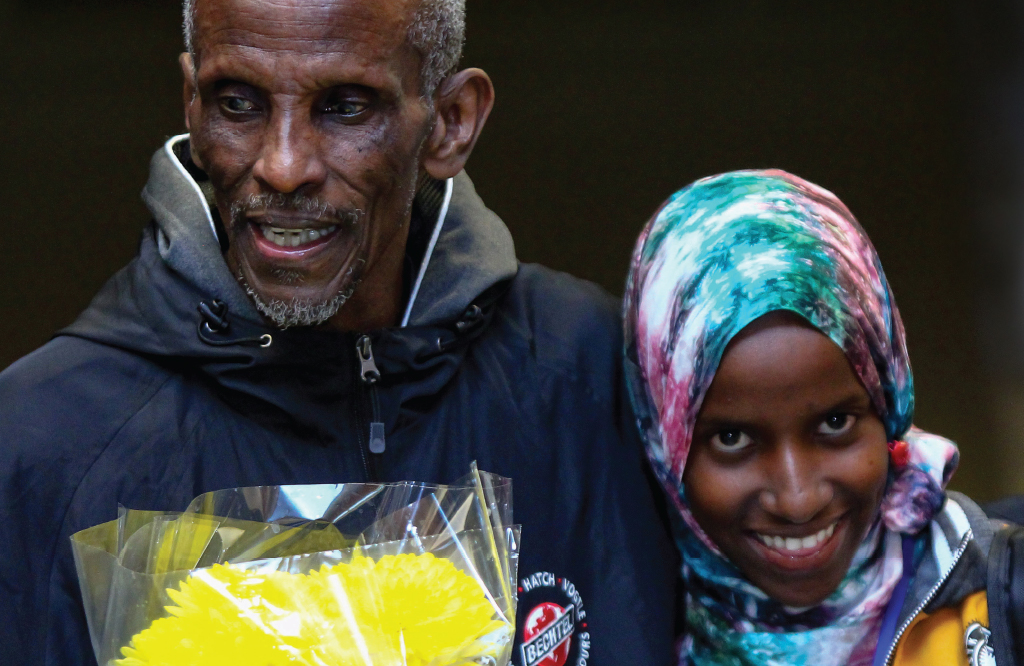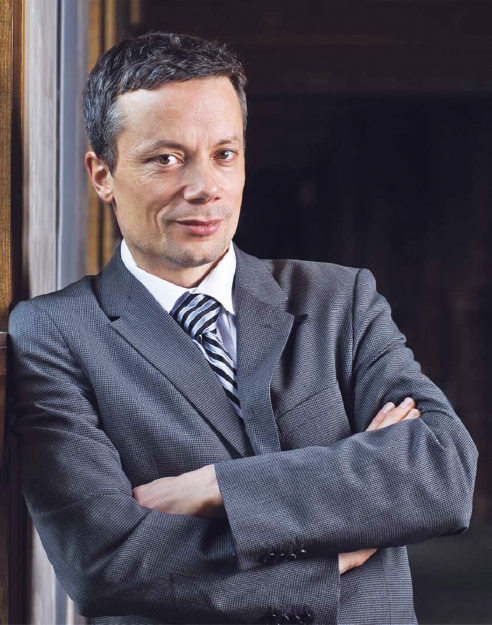
It’s hard to leave a life behind. And even harder to start a new one.
Chronic poverty. Falling bombs. Relentless persecution. Migrants around the world have many reasons to flee their homes, but they share a common goal: a more prosperous, secure and hopeful future. The obstacles along that journey can be daunting, requiring sacrifice and compromise. And those who welcome the newcomers must be equally ready to make adjustments – and gain new perspectives – as we build a better future together.
Education
In
Action

Refugees: The Next Generation
While the Munk School offers students many opportunities to gain direct experience in their fields of study, some have also witnessed first-hand how major global issues affect individual lives. For example, MGA alumna Bushra Ebadi and MGA student Mustafa Sayedi both have parents who escaped the conflict in Afghanistan to resettle in Canada. The students bring this personal perspective on the refugee experience to their bid for the Hult Prize, the prestigious global award aimed at fostering social entrepreneurship. Joining with fellow MGA students Zain Punjwani and Tessa MacNeil, their Sonder Labs team was chosen from among 50,000 applicants to compete at the Hult Prize regional finals in Boston at the beginning of March 2017.
Adopting the theme “Refugees – Reawakening Human Potential,” the 2017 Hult Prize program challenges competitors to build a scalable, sustainable startup that meets the needs of people who’ve been forced to flee social injustice, political and economic pressures, climate change or war. Winning proposals must demonstrate the potential to restore, within five years, the rights and dignity of 10 million refugees currently living in illegal or informal settlements around the globe.
The solution proposed by Sonder Labs will help to integrate refugees into “arrival cities,” mitigating the risk of mistrust and potential hostility by fostering meaningful interactions between newcomers and community members. The team proposes to develop a website and a smartphone app designed, first of all, to provide an e-commerce platform where refugees, migrants and asylum seekers can sell their goods and services. At the same time, these online and mobile connections will help to build empathy and understanding between groups of people who might not otherwise meet.
“I was inspired to get involved in the Hult challenge as a result of my own family’s experience as refugees,” says Bushra Ebadi. “I also gained valuable insights from my MGA Capstone Project on refugee housing in Toronto. The MGA program has helped me develop the communication, analytical thinking and research skills necessary to successfully pursue these endeavours.”
“I was inspired to get involved in the Hult challenge as a result of my own family’s experience as refugees.” – Bushra Ebadi, MGA ’16
Research
Leadership

Responding to the Crisis
Munk School researchers by definition are engaged with the current sociopolitical context – and this has been more than evident during the continuing global refugee crisis. A case in point is the work of Prof. Randall Hansen, director of the Centre for European, Russian, and Eurasian Studies (and interim director of the Munk School as of June 2017). His 2016 report, Population Displacement & the Global Refugee Crisis, generated a high degree of interest among leaders in government, UN agencies, NGOs and other international organizations. Drawing on those constituencies and representatives from the private sector, Prof. Hansen put together a 46-member investigative team and organized a meeting in Toronto to identify research priorities and potential sources of funding. He also secured a two-year grant from the German Academic Exchange Service that will support, among other projects, future conferences on refugee issues.
Through publications, conferences and broader platforms such as the CBC Radio program Ideas, Prof. Hansen has investigated diverse aspects of the crisis, from the shortcomings of the global asylum system, to political tensions around immigration in Europe, to the effects of post-traumatic stress on people who’ve fled the repressive regime in North Korea. At a time when the plight of refugees is magnified by misunderstanding and outright xenophobia, this is the kind of considered, evidence-based inquiry that the world expects from the research community.
Public
Engagement

Fear of Islamophobia
During the 2016 presidential campaign, Donald Trump sparked controversy with his promise to block future Muslim immigrants and potentially take action against those already living in America. The Munk School’s Islam and Global Affairs Initiative, co-directed by Profs. Aisha Ahmad and Edward Schatz, responded with an October event called “Banning Muslims? Explaining Xenophobia and Islam in Europe and the U.S.” Co-sponsored by the Centre for European, Russian, and Eurasian Studies and the Centre for the Study of the United States, the session assembled a panel of experts and invited the public to join the conversation at the School and via live webcast.
The new president-elect continued to espouse sentiments that were often perceived to be anti-Islamic. Within days of his inauguration, he issued an executive order barring citizens of seven primarily Islamic nations from entering the U.S. Once again the Munk School, through the Islam and Global Affairs Initiative, responded with “The Muslim Ban: Trump’s First Legal, Political and Security Crisis of 2017,” a discussion of the immediate issues and, more generally, how global migration challenges affect not only refugees fleeing persecution but also those seeking new opportunities – and indeed all global citizens.

